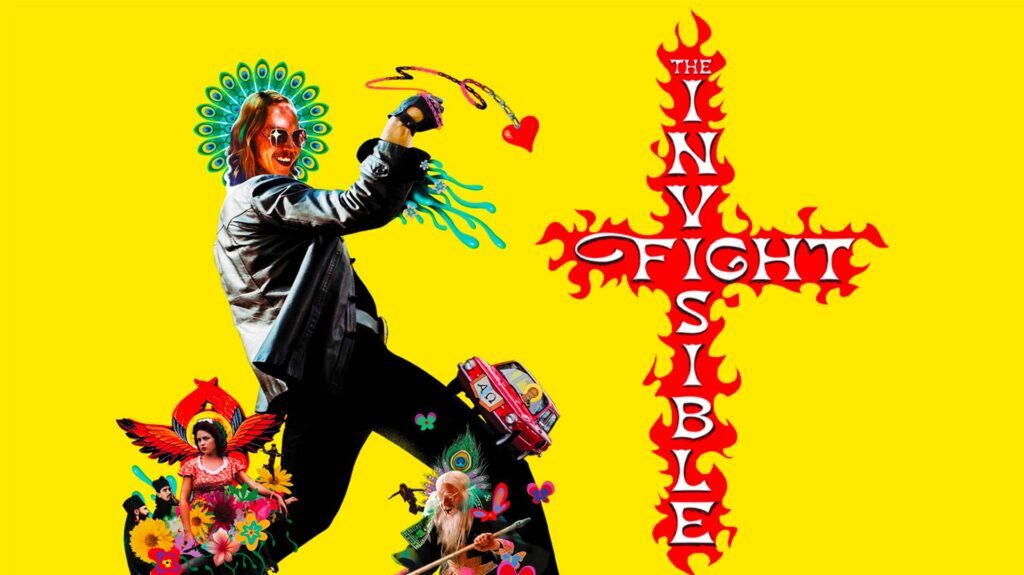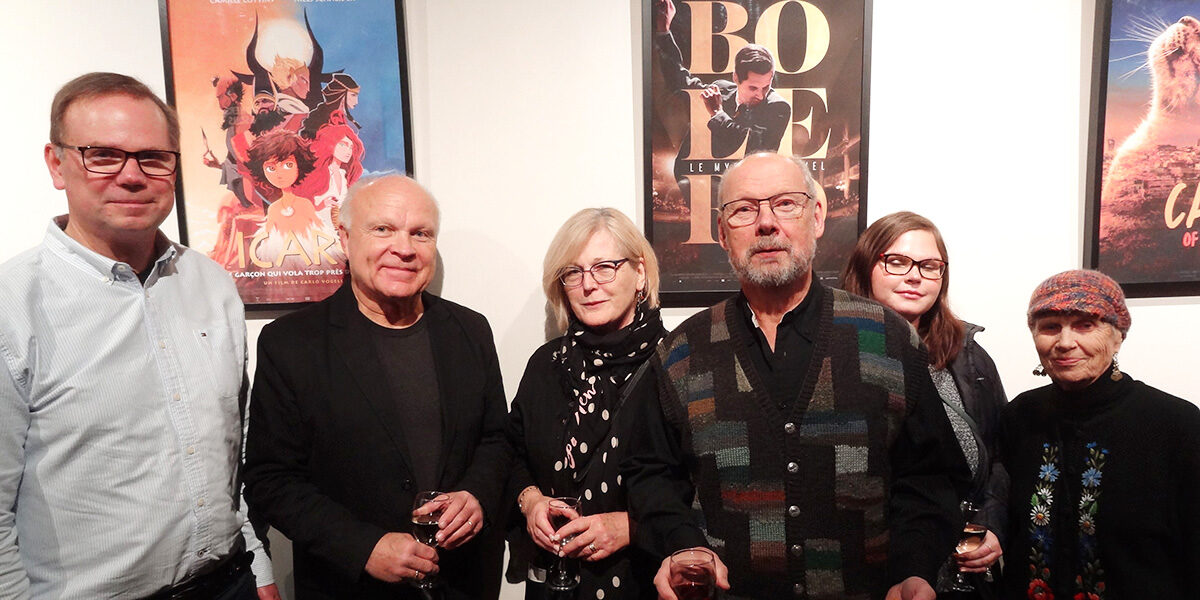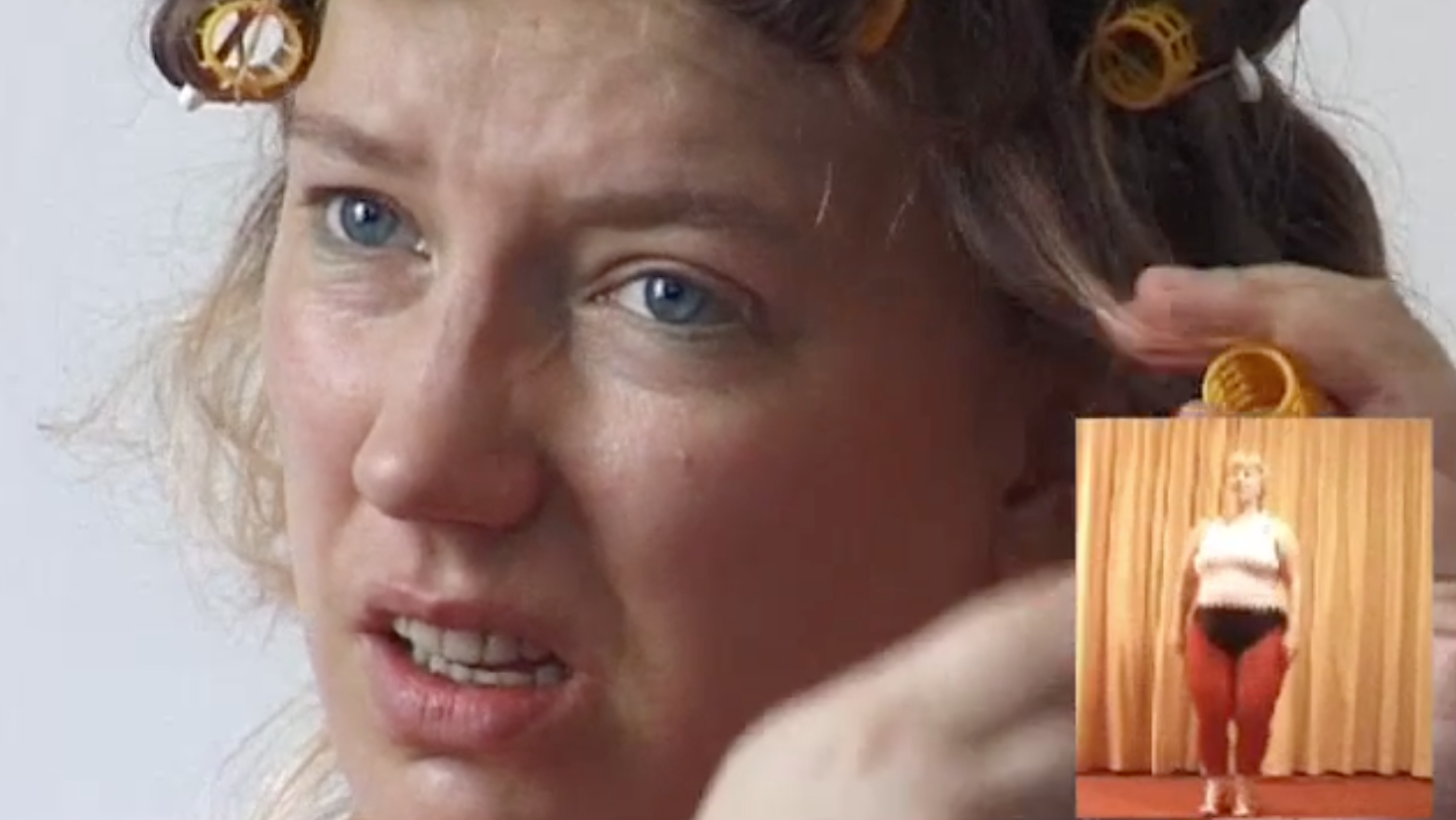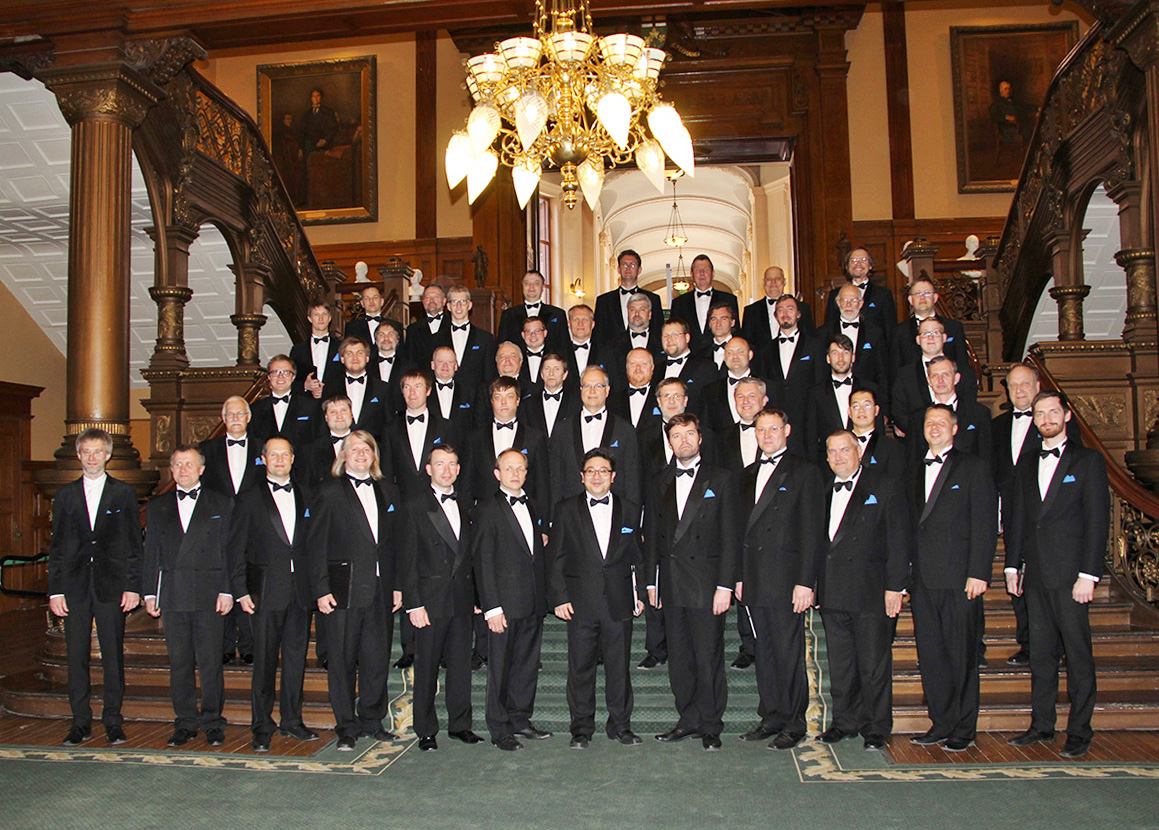Anneli Baran-Grzybek (Senior Researcher at the Estonian Literary Museum) gathered together a large collection of these. Together with the research of folklore scholar Arvo Krikmann, this collection indicates that Virumaa has among the largest number of their own vanasõnad of any region in Estonia. Many of these are connected to folk songs.
Among the collection of sayings that spring up and vary from town to town, a few from the former kihelkond (“parish”) of Viru-Jaagupi stood out as connecting to sayings that we use in English, along with a few that maybe we need to import into our conversations:
Kolm on iga asjale hea. (“Three is good for everything.”): Three is an auspicious number. It plays a part in spiritual beliefs, with the trinity in Christianity for example. The symbol of the triskelion appeared in Ancient Greece, and also emblazons the flag of the Isle of Man. The number three shapes science and engineering in the form of the triangle.
Then there's the saying “The third time is the charm.” Aside from symbolic appearances, three denotes a certain kind of perseverance. It dispels the notion of a “natural” who immediately succeeds at a complex task from the first attempt. Goldilocks found the third bowl of porridge to be just the right temperature after two that weren't satisfactory. Three is good for everything because it ties us to stories, with beginnings, middles, and ends. Stories themselves guide our own behaviour so that we don't make the same mistakes as characters we hear about.
Igal maal ise viis, igas kohas ise kombed.(“Every country has its own way, every place has its own customs.”): This vanasõna has echoes of the saying “When in Rome, do as the Romans do”, which has been attributed to Saint Augustine of Hippo. For the people of West and East Virumaa, sitting on the route that leads to Russia and being able to look across the Gulf of Finland creates an acute awareness of different national and regional customs. Estonia has its own language that contrasts heavily from even the Finnish that it is grouped together with in the Finno-Ugric language family. We're reminded of these differences that are to be acknowledged and respected to maintain friendly relations between visitors and hosts wherever they may be.
Aeg parandab haavad, aga jätab armid. (“Time heals wounds, but leaves scars.”): Have you ever been comforted with the saying “Time heals all wounds”? This version is a little bit more honest about experiences that cause more permanent trauma. Pain can be overcome, but we may be reminded of it from time to time. It doesn't have to scare us, though; it can teach us and enrich joyful moments.
Igalühel ikke oma kallis. (“Everyone yoke their dear.”): Yokes hold together farm animals like donkeys, horses, and oxen. On one hand, it could be like the English saying “hold on for dear life”, uttered when turbulence and danger are ahead. In times past, health and wealth were uncertain for those who worked the land, due to less-advanced medicine and bad harvests for instance. In cases like these, we hold onto and appreciate people and things that are precious to us. We brace ourselves.
On the other hand, imagine you spent years looking for a significant other in a small town and finally someone came around that you clicked with, and you didn't want anyone else to divert their romantic interests away. Well, then you'd really yoke them to you!
Kuera ei ole, haugu ise. (“There is no dog, bark yourself.”): The spelling of the word “dog” (koer) in this phrase appears to be augmented for the local dialect. If Estonians have a succinct ode to self-sufficiency, this would be it. True to Estonian humour, it's a very direct and dry statement. When you want something to be done, you can't expect others to do it for you. At least not all of the time. Estonians aren't afraid of getting their hands dirty and breaking a sweat to accomplish their goals.
Conversations and spoken traditions like these roll off the tongue and are taken for granted. At least as far as English goes, proverbs and idioms may become “clichés” that are actively avoided in the written word. Yet, if you were to hike from Tapa to Narva and speak with the locals, you'd come across quite a few emeralds of wisdom and humour; and you never know when they'll come in handy.
This article was written by Vincent Teetsov as part of the Local Journalism Initiative.




